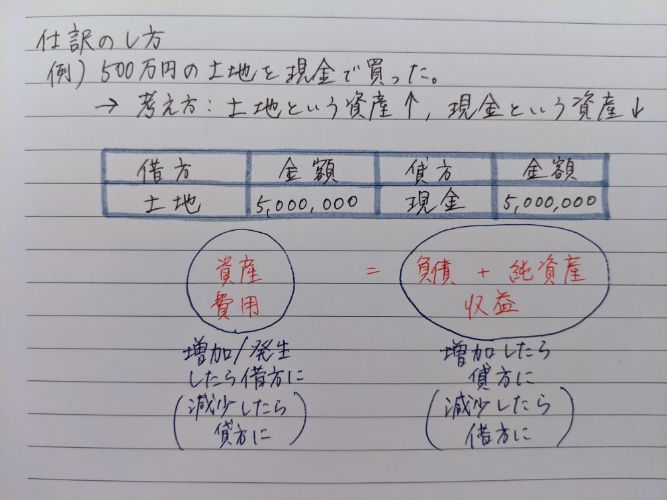-
I read a picture book called えんとつ町のプペル (The Poupelle of Chimney Town) by Akihiro Nishino. What an inspiring story..
The book is not cheap. In fact, it costs more than 2,000 yen and that is very expensive for a picture book. However, the story is available for free in Japanese and English for anyone who can access the internet (https://poupelle.com/book.php). Nishino’s decision on this is really bold, considering the fact that it took four years to finish up the book involving more than 30 artists (you will notice the high quality of the graphics as soon as you see its front cover). Here is my rough translation of a segment of his interview regarding this marketing strategy:
If a picture book author sells more then 5,000 copies of their book, it is regarded as a real hit. But I wondered why picture books don’t sell as much as other books, so I asked myself, who buys picture books? Mostly, mothers. Then I asked, how do they decide which picture books to buy? Then I thought, well, they are too busy to browse books in book stores.. their budgets are probably limited, too, and they may be afraid of accidentally buying books that are not good.. perhaps they buy books that they had read as a kid themselves because they know the stories are good? This is way I decided to release the book for free on the internet. I want people to read my book and judge if it is worth buying before buying it.
That itself is very impressive, but the story is also inspiring and heart-warming. It gives someone the push they need when they feel like nobody but themselves believe they can achieve their dream.
I definitely would love to read this to Islay in the future.
Categories:
-
Reading note
Here is a summary of Step 1-5 in Part 1 of ホントにゼロからの簿記3級.
★Key points
最初に覚えるべき5つの概念、そしてその覚え方:『資産=負債+純資産、そしてあとは費用と収益』

★簿記単語帳 Glossary of bookkeeping
日本語 English 複式簿記 double-entry bookkeeping system 単式簿記 single-entry bookkeeping system 借方(かりがた) debit 貸方(かしがた) credit 資産 assets 負債 liabilities 純資産 net assets 費用 expenses 収益 revenue 仕訳 (a) journal entry 仕訳帳 (general) journals 貸借対照表 balance sheet (B/S) 損益計算書 profit and loss statement (P/L) Categories:
-
We had a chat with the Kuroses and Takeshi kindly gave some practical advice on where to start in our journey to our own brewery. He said there are briefly two aspects to consider when starting a business: procedural and strategical.
- Procedural aspect
- Check out the village office (村役場) to see what kind of support they can provide e.g. grants.
- Check out the local chamber of commerce (商工会議所). They often hold seminars for members and give practical advice on how to write a business plan.
- If you will need financial supports, consider Japan Finance Cooperation (日本政策金融公庫) and Shinkin Bank (信用金庫) who offer lower interest rates for startups than local banks.
- For a small business that is based in a small community, there is probably no need of an ‘ambitious’ business plan. Rather, you may want to learn about basics of marketing. There are many free tools available on the internet that help you visualise your business (search for ‘business model campus’). You may also teach yourself basics of accounting. Freee is a free accounting software.
Thoughts:
- I found the Hidaka Village Society of Commerce and Industry.
- Also ask Shunpei about it as I remember he mentioned it several times.
- As for grants, financial supports and accounting skills, ask my mum. For accounting, it may be a good idea to buy a book or two on Kindle.
Categories:
-
New Year Resolution 2021
1. Reading books
In December 2020, I was able to finish eight books on Kindle and Libby just because I had more time and energy for myself, and I think I finally started becoming fond of reading books. I am proud of this accomplishment as I have always had admiration for those who read a lot. Looking back, keeping a book journal definitely encouraged me to keep reading. I am also realising how important it is to output in my own words what I have gained from the books -it enhances my deeper thinking, memory improvement, and the network in my knowledge. So, to make reading as a habit, I aim to read 60 books (five per month) this year.
2. Creating my personal website
Along with my reading journal, I decided to take notes of ordinary activities and of other input sources such documentaries and news articles on my personal website. It will not be a blog but a purely personal journal for my own benefits so that I can organise my knowledge and thoughts. I will write them in English so that I can improve my English.
3. Start preparation for our brewing business
Here is my role for our future plan to move to Japan by 2022 April -gathering more information about establishing our own brewery/taproom as well as learning about starting a small business. To start with, it may be a good idea to speak to Takeshi and get some advice on where to start. It would be wonderful if we can work out a rough roadmap.
4. Own less
One of the books I read in December 2020, The More of Less by Joshua Becker, inspired me to have less stuff to promote the things I most value in my life. We already decluttered our bed room mostly and since it felt absolutely great, I shall keep decluttering stuff we own. Particularly, small items such as jewelry, craft stuff and kitchen utensils and appliance. I should definitely remove my bike before the end of 2021!
Categories: